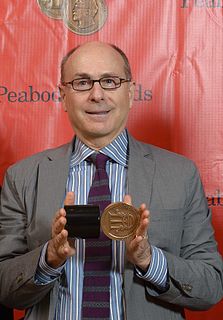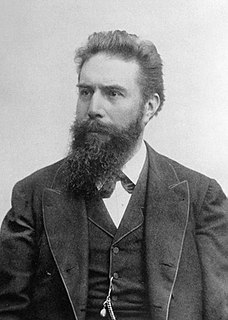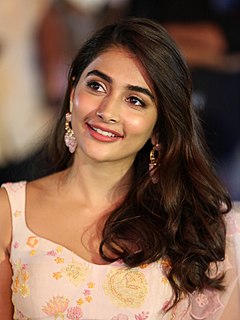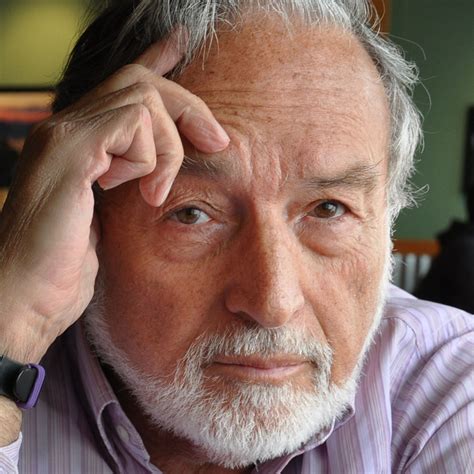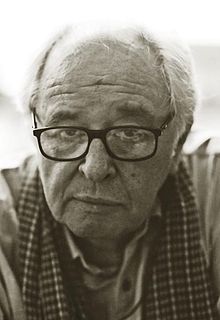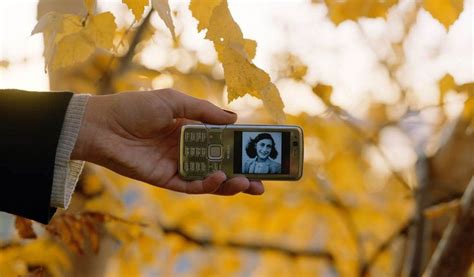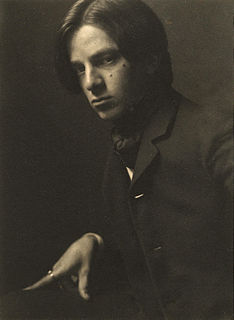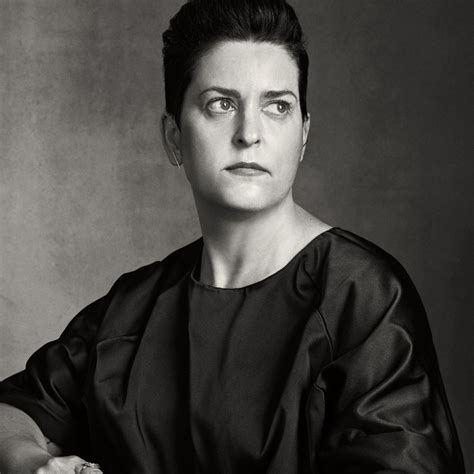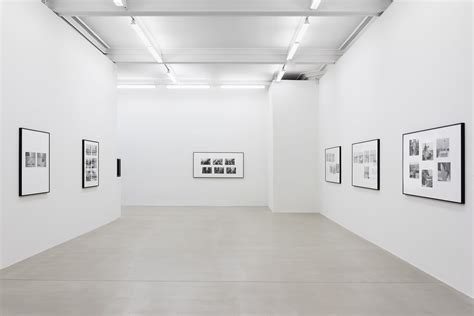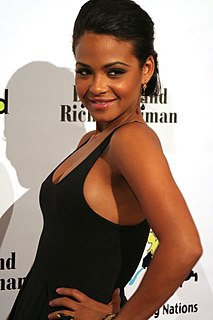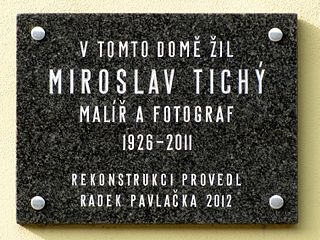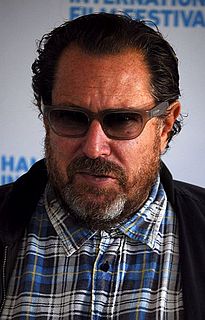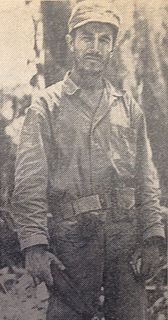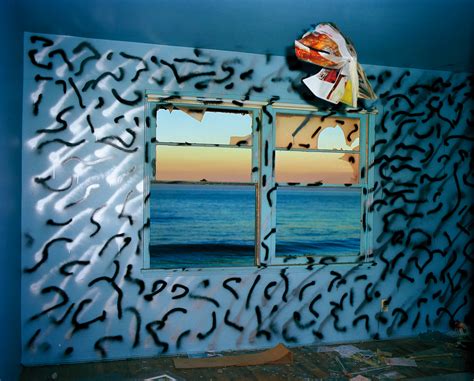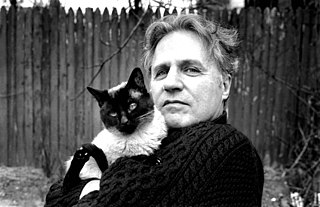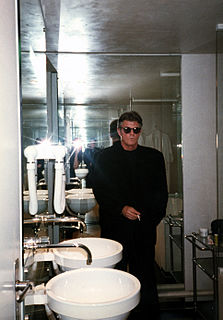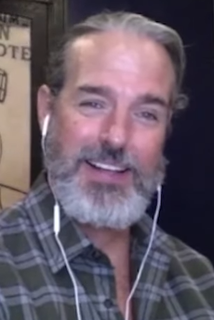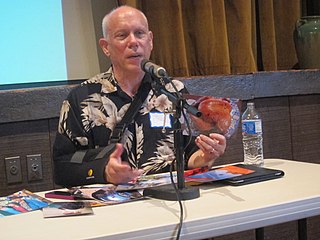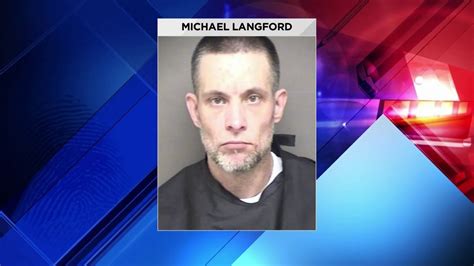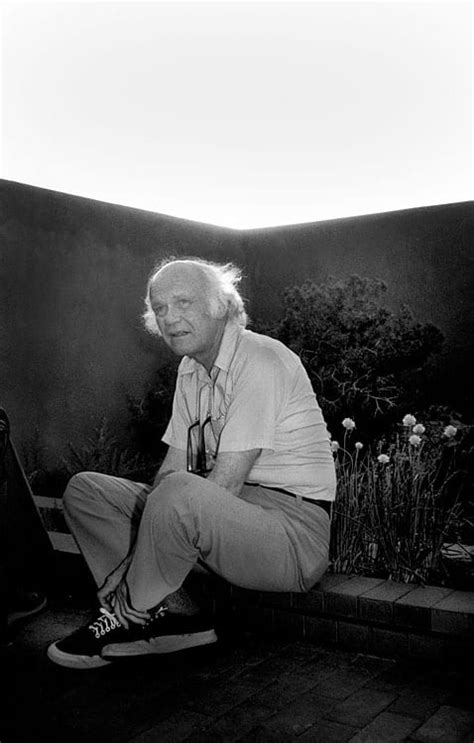Top 1200 Camera And Photography Quotes & Sayings - Page 3
Explore popular Camera And Photography quotes.
Last updated on April 18, 2025.
The difference between an amateur and a professional photographer is that the amateur thinks the camera does the work. And they treat the camera with a certain amount of reverence. It is all about the kind of lens you choose, the kind of film stock you use… exactly the sort of perfection of the camera. Whereas, the professional the real professional – treats the camera with unutterable disdain. They pick up the camera and sling it aside. Because they know it’s the eye and the brain that count, not the mechanism that gets between them and the subject that counts.
I never considered myself a good photographer. I still don't. I thought of myself as a hard worker. My camera was a sponge and I had an instinct that athletes have - anticipation. Photography really represents an enormous amount of anticipation - understanding what might be there the next moment and being prepared for it.
Traditionally, photography has dealt with recording the world as it is found. Before photography appeared the fine artists of the time, the painters and sculptors, concerned themselves with rendering reality with as much likeness as their skill enabled. Photography, however, made artistic reality much more available, more quickly and on a much broader scale.
The camera is one of the most frightening of modern weapons, particularly to people who have been in warfare, who have been bombed and shelled for at the back of a bombing run is invariably a photograph. In the back of ruined towns, and cities, and factories, there is aerial mapping, or spy mapping, usually with a camera. Therefore the camera is a feared instrument, and a man with a camera is suspected and watched wherever he goes... In the minds of most people today the camera is the forerunner of destruction, and it is suspected, and rightly so.
Photography's relationship with pornography is as old as photography. That kind of unholy relationship is formed from the very beginning, and there's a reason why: it's thoroughly enjoyable to be that voyeuristic. Voyeurism is a very old modality, and most of the history of photography is in some way related voyeurism.
I chose makeup over photography because there was something very sensual about makeup that I loved. But photography was always in the back of my mind. That was always something that I was very connected with: looking at magazines, enjoying photography, and then taking pictures myself when I was a kid.
I have received the digital camera as a blessing. It has really changed my life as a filmmaker, because I don't use my camera anymore as a camera. I don't feel it as a camera. I feel it as a friend, as something that doesn't make an impression on people, that doesn't make them feel uncomfortable, and that is completely forgotten in my way of approaching life and people and film.
Photography is painting with light! The blurs, the spots, those are errors! But the errors are part of it, they give it poetry and turn it into painting. And for that you need as bad a camera as possible! If you want to be famous, you have to do whatever you're doing worse than anyone else in the whole world.
The dominant problem of pictorial art since the nineteen-fifties is photography, and, by extension, film and video. The basilisk eye of the camera has withered the pride of handworked mediums. Painting survives on a case-by-case basis, its successes amounting to special exemptions from a verdict of history.
I didn't do well in high school, but I took photography, and I loved being able to capture moments. It led to more and more photography, and fashion was the angle into photography for me. It was incredible to see photographs by Irving Penn or Helmut Newton. I was really intrigued by that, and that's what led me to New York City.
The camera does not know what it takes; it captures materials with which you reconstruct, not so much what you saw as what you thought you saw. Hence the best photography is aware, mindful, of illusion and uses illusion, permitting and encouraging it - especially unconscious and powerful illusions that are not usually admitted on the scene.
Photography begins not in the camera but in the
mind and the eye. The real work is one of noticing and appreciating, seeing things clearly and differently, and
sharing that vision with others. I have developed my
vision and my photographic craft in order to bring
the beauty of nature to light in a fresh way that
can inspire and nourish people.
Composition in photography is almost as varied as composition in music or words -- melodic or atonal, safe or daring -- and can enhance subject, theme, and style. Every photograph you take involves you in some compositional decision, even if this is simply where to set up the camera or when to press the button.
For a period of time, I carried cameras with me wherever I went, and then I realized that my interest in photography was turning toward the conceptual. So I wasn't carrying around cameras shooting stuff, I was developing concepts about what I wanted to shoot. And then I'd get the camera angle and do the job.
For a period of time, I carried cameras with me wherever I went, and then I realized that my interest in photography was turning toward the conceptual. So I wasn't carrying around cameras shooting stuff, I was developing concepts about what I wanted to shoot. And then I'd get the camera angle and do the job

